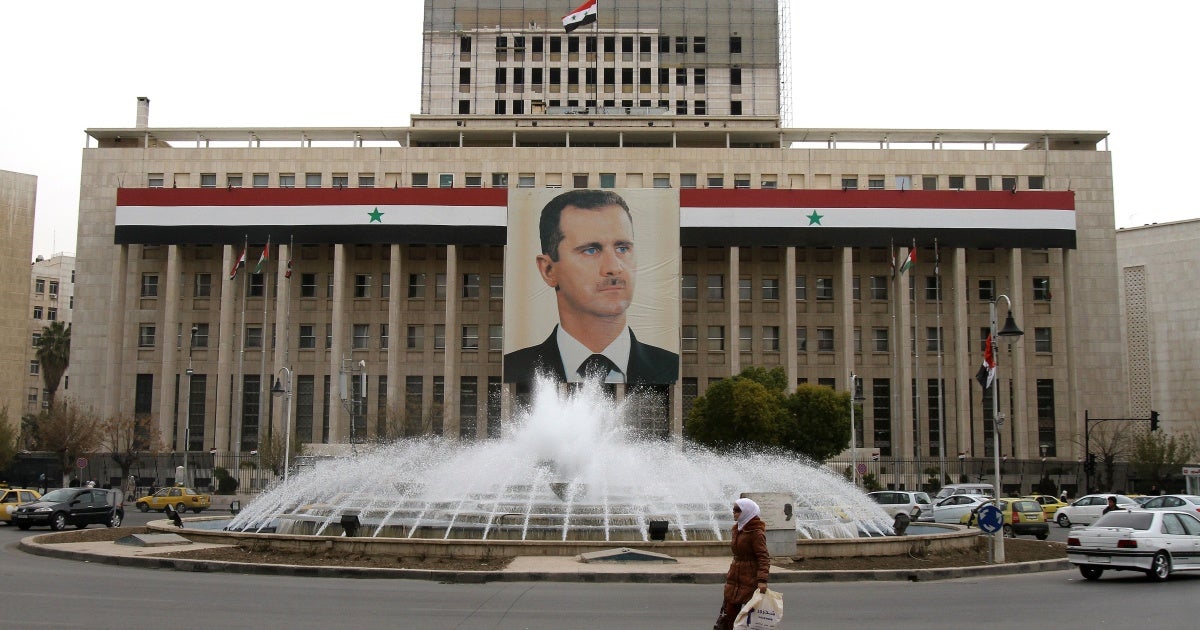European activists are calling for a revision of policies that currently restrict Syrian refugees from returning to their home country for short visits. The push comes amid the recognition that Ukrainian refugees are permitted to make temporary trips home without losing their protection status. Activists argue that allowing similar flexibility for Syrians would aid in their eventual reintegration and foster voluntary returns, helping to rebuild war-torn communities.
Context and Current Disparity
While the European Union has provided protection to refugees fleeing conflict in both Syria and Ukraine, significant differences remain in how these two groups are treated. Ukrainian refugees have been granted the freedom to travel back to Ukraine without jeopardizing their refugee status. In contrast, Syrians, who have sought refuge in Europe due to the ongoing civil war in their homeland, face restrictions on travel.
Activists contend that allowing Syrians the opportunity to visit their home country would not only facilitate emotional and cultural ties but also encourage long-term rebuilding efforts in Syria. It is suggested that these temporary visits could help individuals assess the situation back home, rebuild damaged infrastructure, and reconnect with communities, ultimately fostering a smoother transition for voluntary returns when the situation allows.
Policy Implications and Humanitarian Considerations
The policy debate reflects broader discussions surrounding refugee rights, international protection standards, and the role of host countries in supporting the successful integration or eventual return of refugees. Activists also highlight the psychological and social benefits of such visits, emphasizing the importance of maintaining connections to home during displacement.
However, critics raise concerns about security risks and potential pressure on refugees to return prematurely to unstable conditions. The complexities of Syria’s recovery, particularly in areas still affected by ongoing conflict, add another layer of difficulty in making policy decisions on the matter.
Conclusion
As the debate over refugee policy continues to evolve, the call for Syrian refugees to be allowed short visits home echoes broader concerns about how Europe supports displaced populations. Allowing such visits could offer an avenue for rebuilding communities and assisting refugees in navigating their post-conflict futures, but it requires careful consideration of both humanitarian and security factors.



